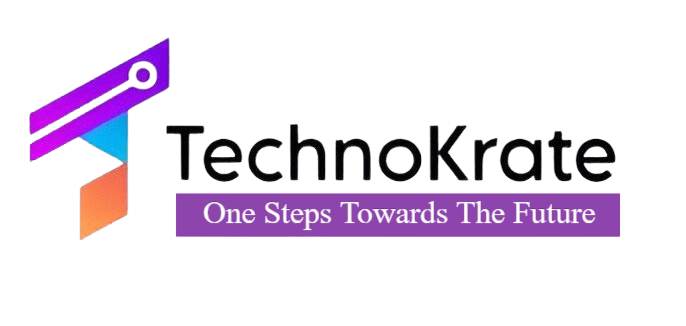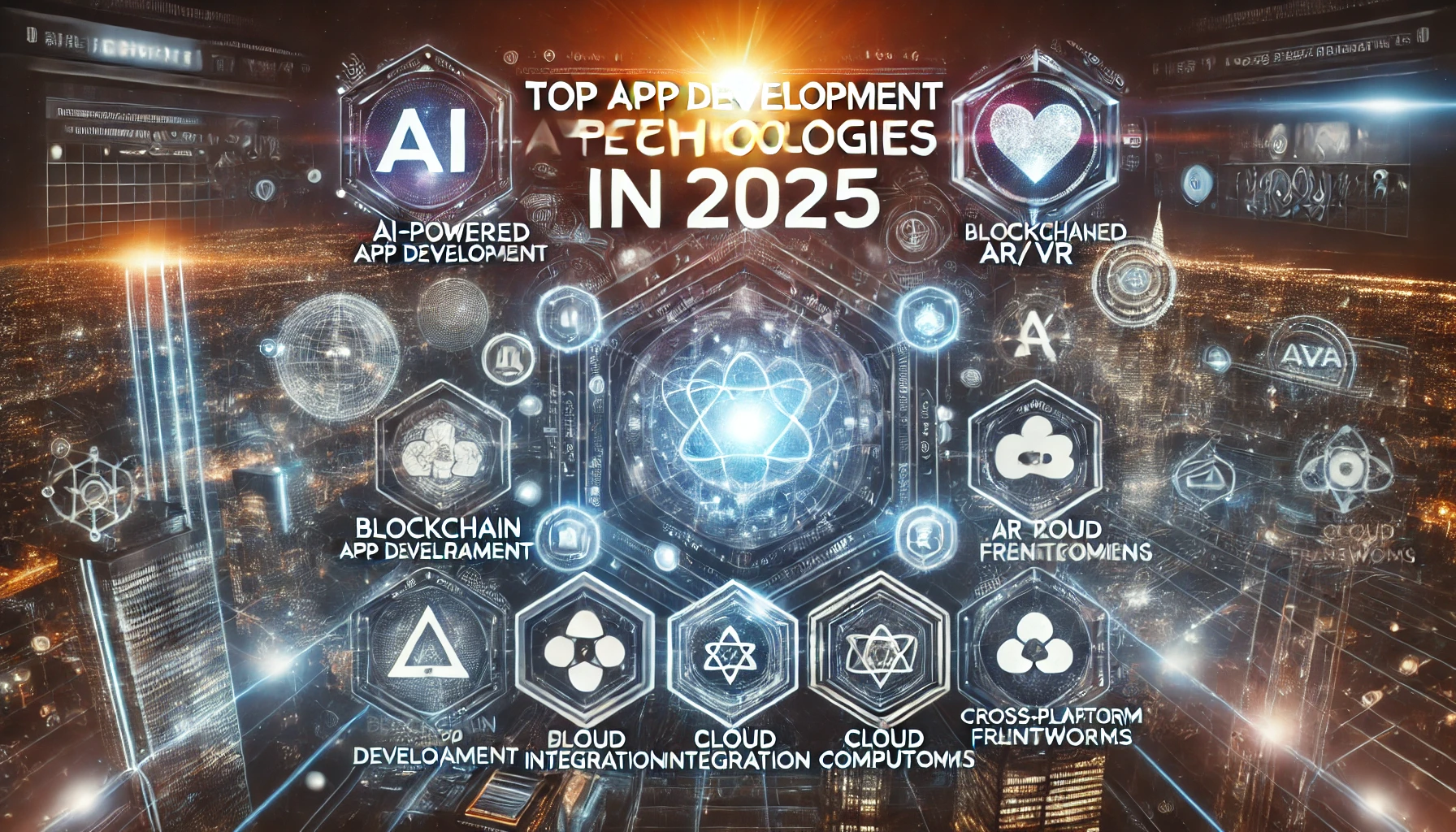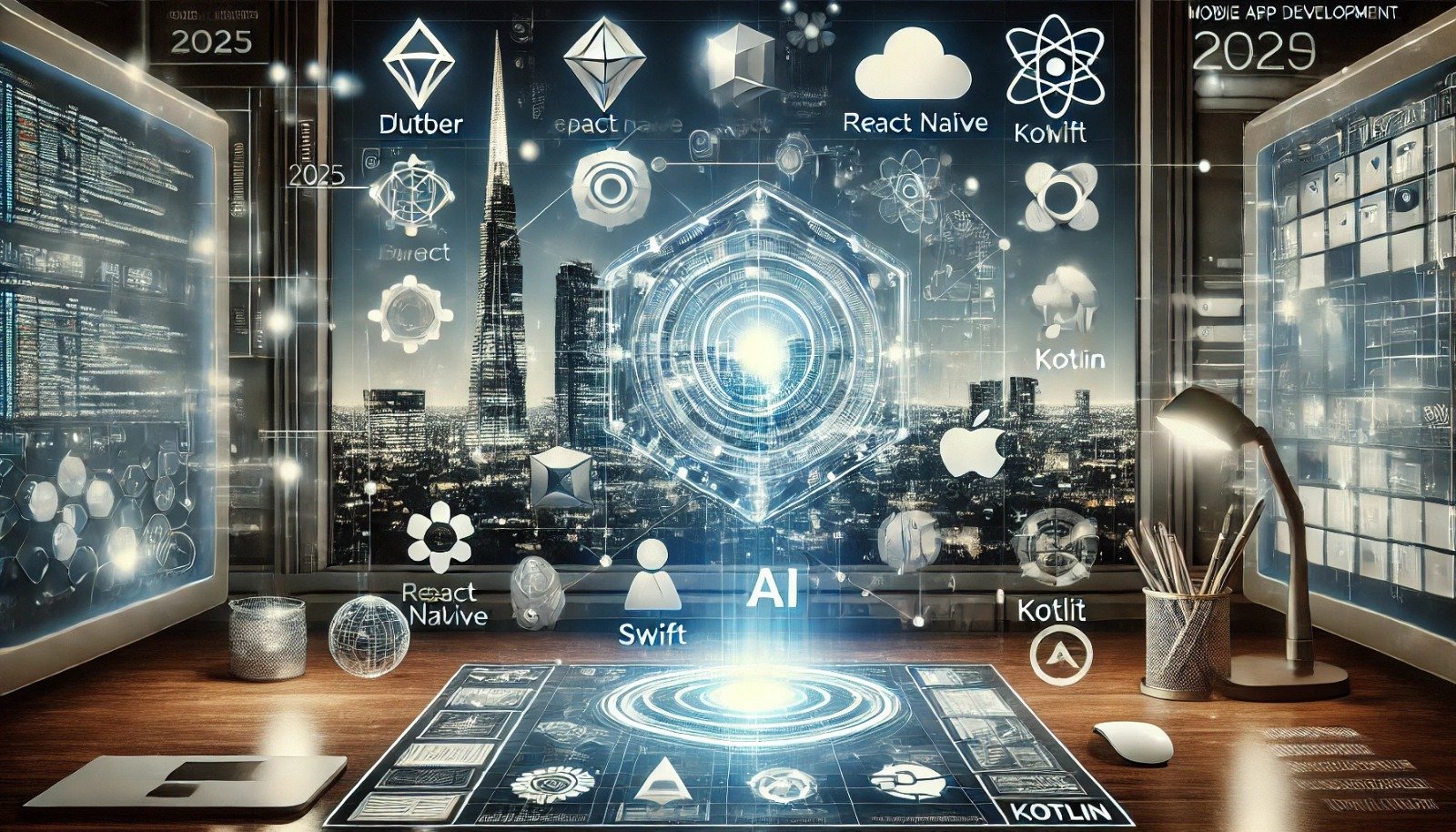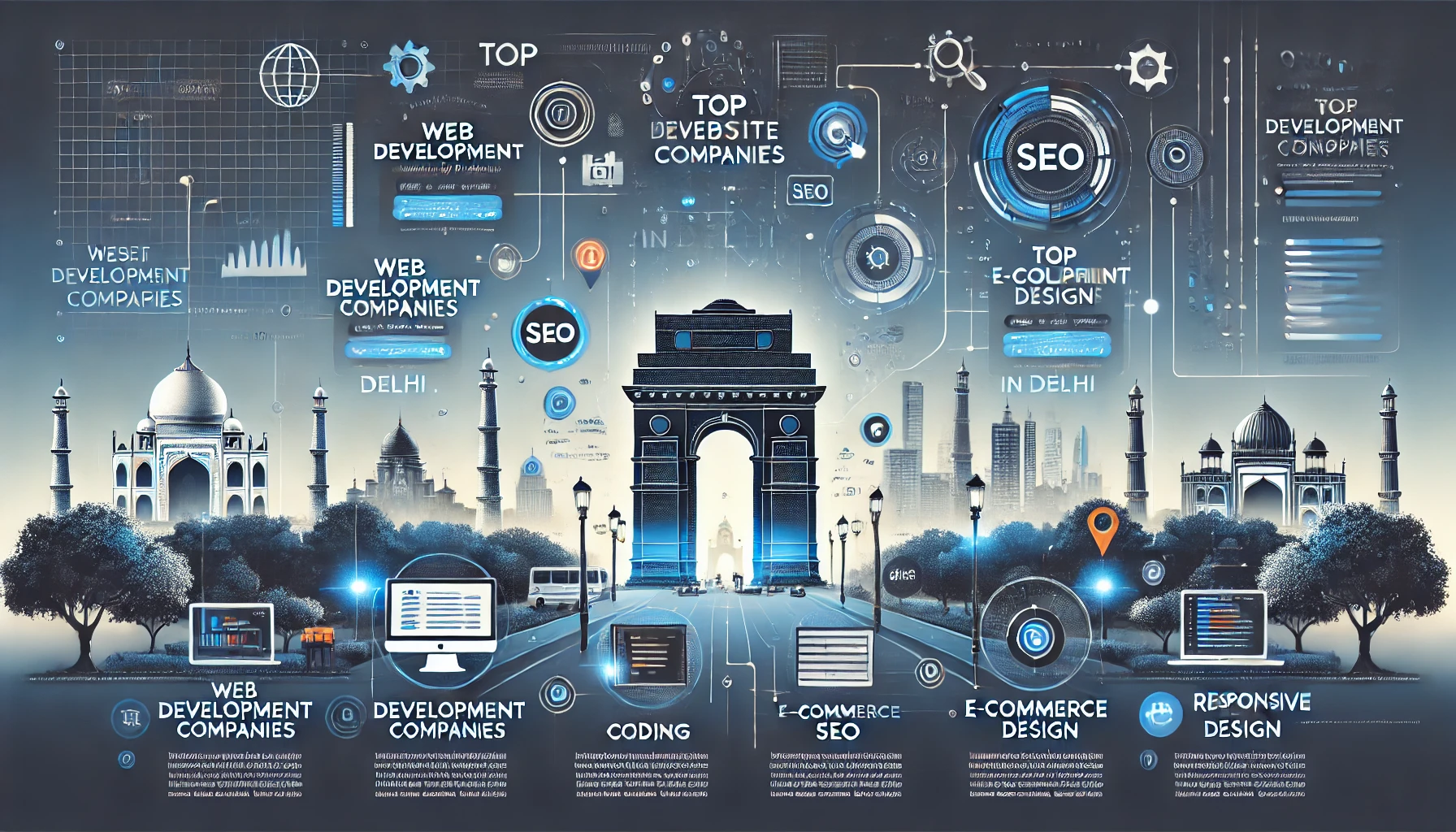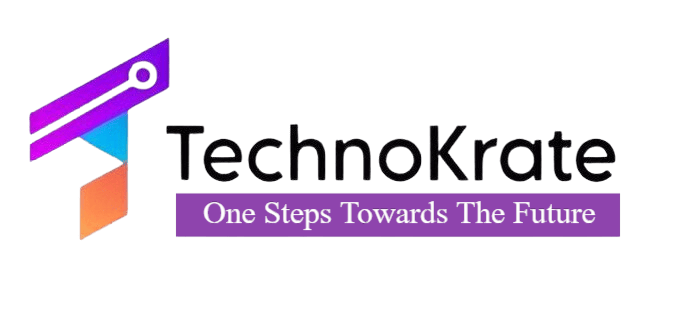Introduction
The app development landscape is evolving rapidly, and staying ahead requires leveraging the latest technologies. In 2025, businesses and developers must choose the right tech stack to build robust, scalable, and high-performing applications. This article explores the Top App Development Technologies 2025, covering native, cross-platform, progressive web apps (PWAs), backend solutions, AI/ML, blockchain, and IoT technologies.
Native App Development Technologies
Swift (iOS)
Swift remains the preferred language for iOS app development, offering a modern syntax, high performance, and seamless integration with Apple’s ecosystem. It is optimized for security, performance, and developer productivity, making it an excellent choice for iOS apps.
Kotlin (Android)
Kotlin is the official language for Android development, known for its concise syntax, interoperability with Java, and robust safety features. With continued support from Google, Kotlin enables faster development and reduces boilerplate code, enhancing efficiency.
Cross-Platform Development Technologies
Flutter
Flutter, developed by Google, is a powerful UI toolkit that enables developers to build natively compiled applications for mobile, web, and desktop from a single codebase. Its hot reload feature, extensive widget library, and Dart programming language make it a favorite for cross-platform development.
React Native
React Native, backed by Meta (Facebook), allows developers to build cross-platform mobile apps using JavaScript and React. It offers near-native performance, a strong community, and a vast ecosystem of third-party libraries, making it a top choice for many startups and enterprises.
MAUI (Multi-platform App UI)
.NET MAUI (Multi-platform App UI) is an evolution of Xamarin, enabling developers to create cross-platform applications using C# and .NET. It provides a unified framework to build apps for Android, iOS, macOS, and Windows with a single codebase.
Progressive Web App (PWA) Technologies
Angular
Angular, a robust JavaScript framework by Google, is widely used for building PWAs. With its powerful CLI, dependency injection, and two-way data binding, Angular simplifies the development of scalable and maintainable PWAs.
React.js
React.js, maintained by Meta, is a leading library for building user interfaces. With its component-based architecture and virtual DOM, React.js enables the creation of fast and responsive PWAs with excellent user experience.
Vue.js
Vue.js is a progressive JavaScript framework known for its simplicity and flexibility. It is lightweight yet powerful, making it an ideal choice for PWA development, especially for businesses looking for faster deployment and ease of maintenance.
Backend Technologies for App Development
Node.js
Node.js is a high-performance, event-driven runtime environment that enables developers to build scalable backend solutions. Its non-blocking I/O model makes it an excellent choice for real-time applications, including chat apps and streaming services.
Django
Django is a high-level Python web framework that follows the “batteries-included” philosophy. It simplifies backend development with built-in security features, rapid development capabilities, and scalability, making it ideal for complex web applications.
Ruby on Rails
Ruby on Rails (RoR) is a server-side web framework that emphasizes convention over configuration. It accelerates development by offering ready-to-use components, making it a preferred choice for startups and web applications that require quick deployment.
Cloud and Backend-as-a-Service (BaaS) Solutions
Firebase
Firebase, powered by Google, is a comprehensive BaaS platform offering real-time databases, authentication, cloud storage, and hosting. It simplifies backend development, especially for startups and MVPs.
AWS Amplify
AWS Amplify is a cloud-based service that helps developers build and deploy full-stack applications with backend services like authentication, APIs, and data storage. It integrates seamlessly with AWS services for scalability and security.
Supabase
Supabase is an open-source alternative to Firebase, providing a PostgreSQL-powered backend with real-time capabilities, authentication, and APIs. It offers flexibility and scalability for developers looking for an easy-to-use backend solution.
AI and ML Integration Technologies
TensorFlow
TensorFlow, developed by Google, is an open-source machine learning framework that powers AI-driven applications. It supports deep learning, neural networks, and data analytics, making it essential for AI-powered app development.
OpenAI API
OpenAI API provides developers with access to advanced AI models like GPT for natural language processing, chatbot development, and AI-driven automation. It enables businesses to integrate intelligent features into their applications.
IBM Watson
IBM Watson offers a suite of AI services, including natural language processing, image recognition, and predictive analytics. It is widely used in enterprise applications to enhance user experience and automate decision-making.
Blockchain-Based App Development Technologies
Ethereum Smart Contracts
Ethereum remains the leading platform for decentralized applications (DApps) and smart contracts. Developers use Solidity to create secure and transparent blockchain applications, including DeFi platforms and NFTs.
Hyperledger Fabric
Hyperledger Fabric is an open-source enterprise blockchain framework designed for private and permissioned networks. It is widely used in industries like finance, supply chain, and healthcare for secure and scalable blockchain solutions.
Internet of Things (IoT) App Technologies
MQTT
MQTT (Message Queuing Telemetry Transport) is a lightweight messaging protocol designed for IoT applications. It enables real-time communication between IoT devices, ensuring efficient data transfer and minimal bandwidth usage.
Google Cloud IoT
Google Cloud IoT is a fully managed service that connects, manages, and processes data from IoT devices. It provides secure communication, analytics, and machine learning capabilities for smart applications.
Conclusion
The app development industry in 2025 is shaped by cutting-edge technologies that enhance performance, scalability, and user experience. Whether you are building a native, cross-platform, or PWA application, leveraging the right backend, AI/ML, blockchain, and IoT technologies will be crucial. Staying updated with these technologies will help developers create innovative and future-proof applications.
